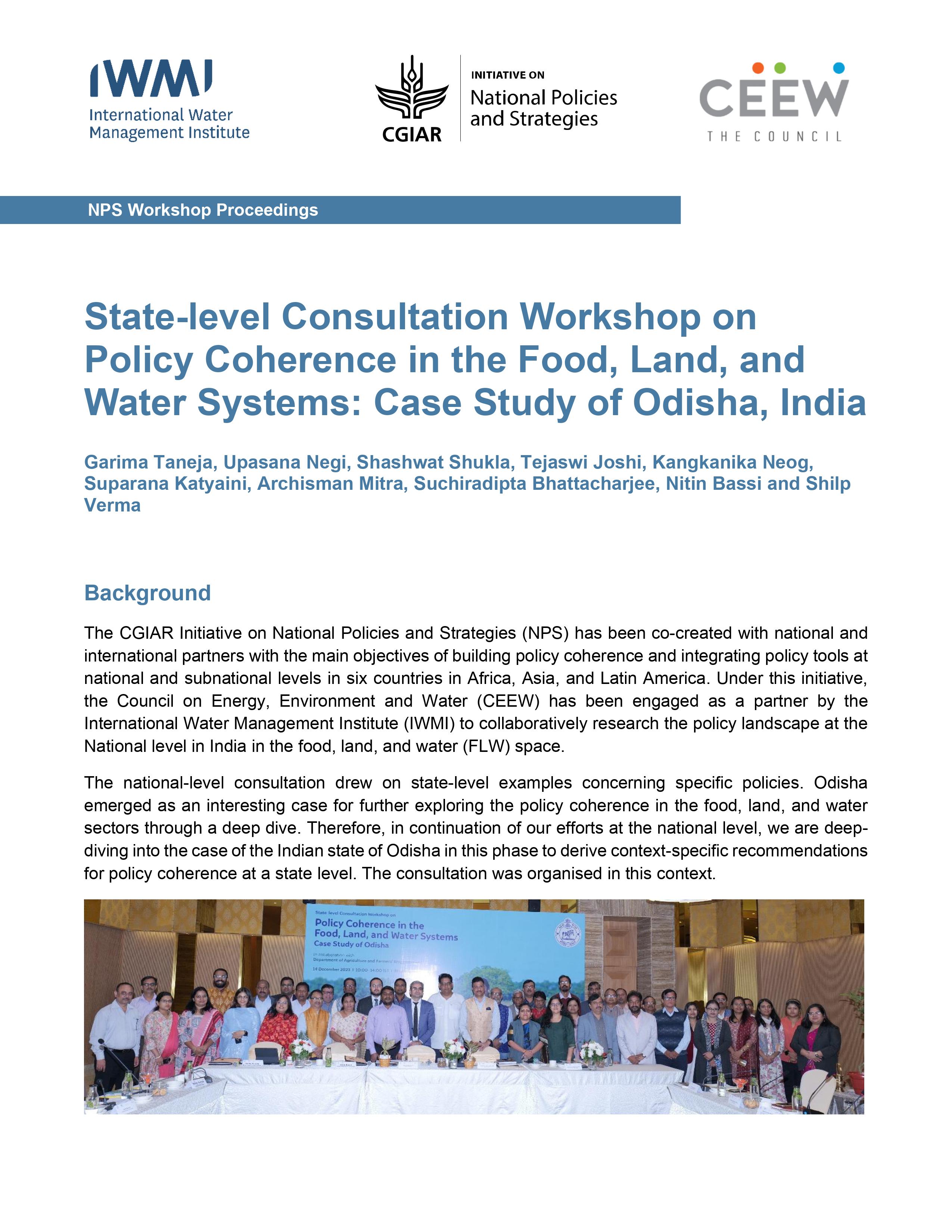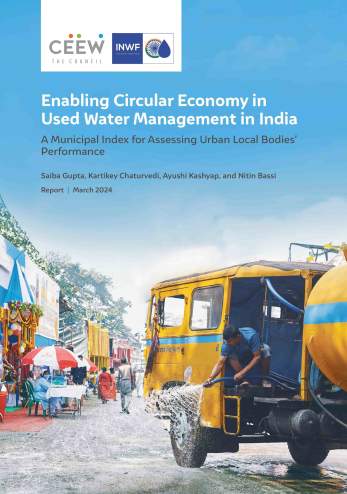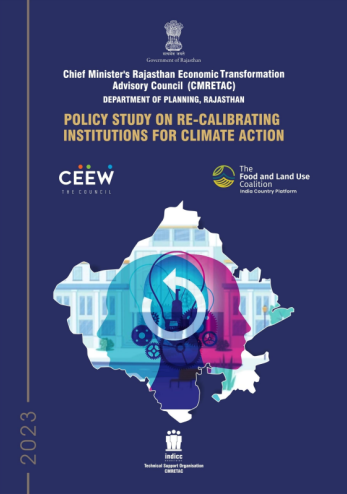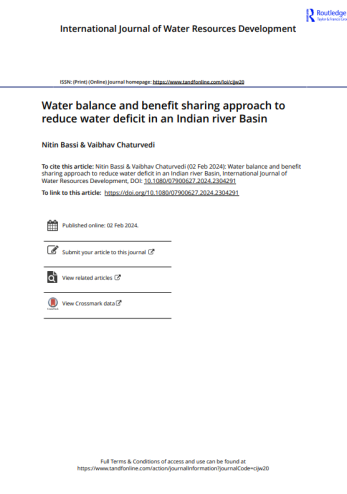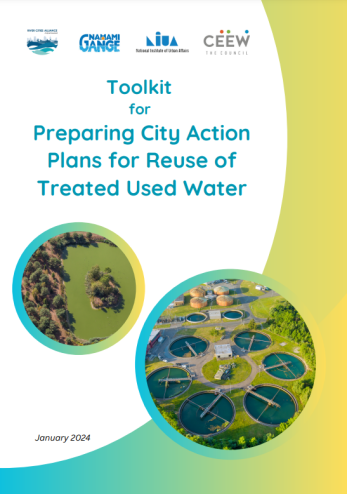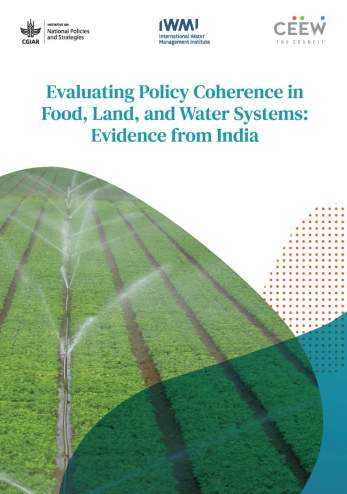Other Publications
State-level Consultation Workshop on Policy Coherence in the Food, Land, and Water Systems
Case Study of Odisha, India
Garima Taneja, Upasana Negi, Shashwat Shukla, Tejaswi Joshi, Kangkanika Neog, Suparana Katyaini, Archisman Mitra, Suchiradipta Bhattacharjee, Nitin Bassi and Shilp Verma
December 2023 | Sustainable Water
Suggested citation: Taneja, Garima, Upanasa Negi, Shashwat Shukla, Tejaswi Joshi, Kangkanika Neog, Suparana Katyaini, Archisman Mitra, Suchiradipta Bhattacharjee, Nitin Bassi, and Shilp Verma. 2023. Proceedings of the State-level Consultation Workshop on Policy Coherence in the Food, Land, and Water Systems: Case Study of Odisha, India, Odisha, India. Colombo: International Water Management Institute.
Overview
In continuation of collaborative efforts of Council on Energy, Environment and Water (CEEW) and International Water Management Institute (IWMI), under the CGIAR Initiative on National Policies and Strategies (NPS), a deep dive into understanding policy coherence at a state level was carried out in Odisha. As a part of the deep-dive, a half-day multi-stakeholder consultation was held on December 14, 2023, in partnership with the Climate Resilience Cell of the Department of Agriculture & Farmers' Empowerment, Government of Odisha.
The objective of the consultation was to bring together policymakers, implementing agencies, academicians, and civil society organisations to reflect on key findings, and context-specific opportunities for enhancing policy coherence.
Key highlights
- Nine national and state level policies governing water, food and land resources use and management were analysed through a multidimensional lens to coherence between policies.
- The analysis took a consultative approach to understand the best practices, and the key lessons on enabling synergistic policy efforts in Odisha to enhance livelihoods, and farmers’ income.
- Odisha presents an important case of enabling science-policy interface for evidence-based policy space.
Key recommendations
- Develop a holistic perspective towards poverty reduction, livelihood, and job creation, and expansion of focus to cover climate change adaptation and resilience in the policies on food, land and water systems.
- Converge efforts towards marketing of agricultural, horticultural, and fisheries products to enhance farmers’ income. Market-oriented skilling and formation of Farmer Producer Organisations would be crucial for unlocking further potential for convergence.
- Upscale and replicate best practices on water use efficiency in agriculture, crop diversification, prioritising soil health, and solarisation of agriculture by increasing access to land and water resources.
- Recognise the need for collaboration with research institutions and think tanks to support evidence-based policymaking and enable transformative changes towards food and nutritional security, gender equality, social inclusion in addition to water security, and climate resilience.
"Giving visibility to the interlinkages between policies that have an impact on water, food and land systems is instrumental in unlocking the potential to converge efforts towards enhancing livelihoods, and farmers’ income."




